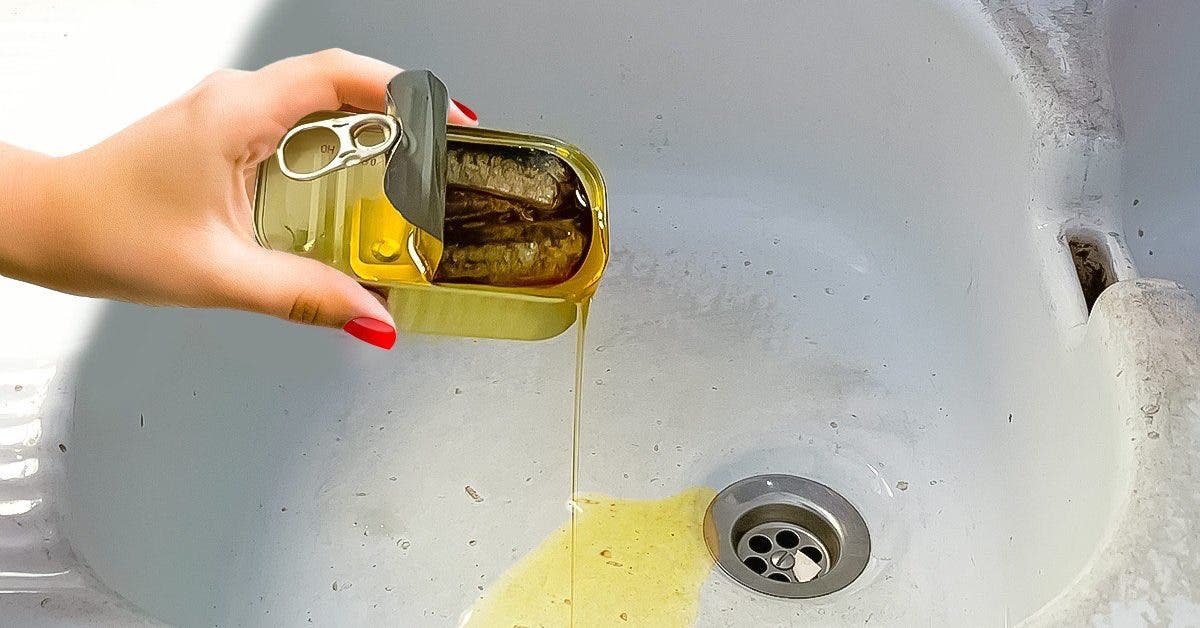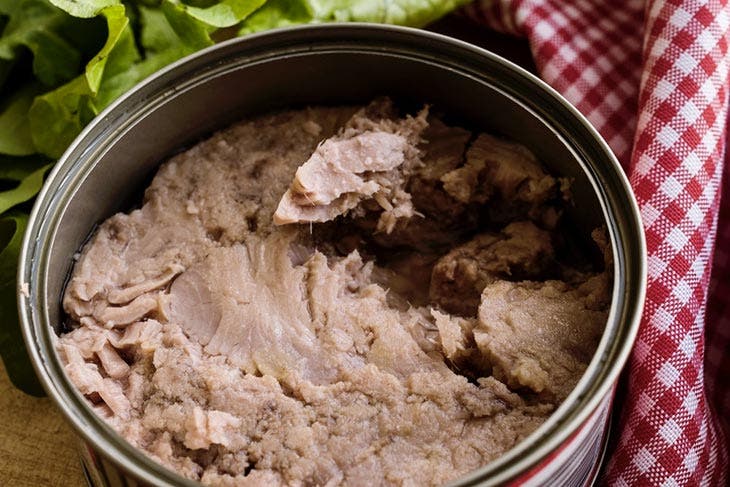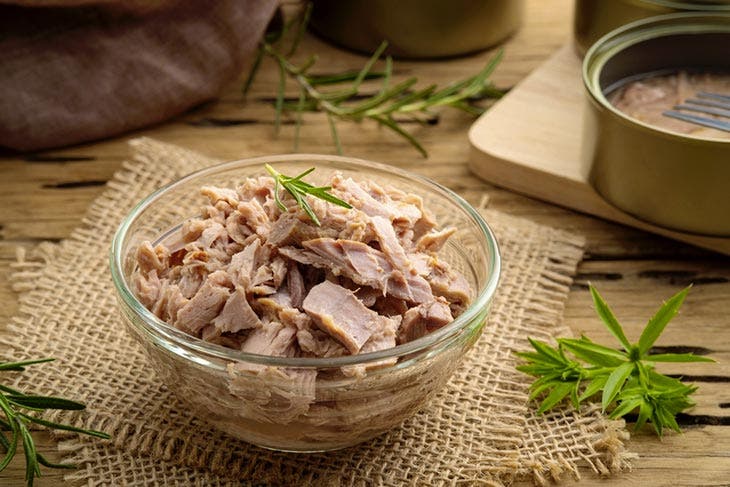
Summary
Why should we avoid throwing this oil in the sink? Canned tuna oil: an Omega 3 concentrateHow to properly store your tuna cans?
Except that it’s a bad idea: you are not aware of it, but this gesture can significantly harm the environment and cause unexpected problems at home. Find out why you absolutely need to change this bad habit.
Why should we avoid throwing this oil in the sink?

Certainly, it seems normal to throw away this oil that you do not consume. Except that, like frying oils, it is not recyclable, so it pollutes the environment. But that’s not all: once poured into the sink, it can also lead to clogging of pipes. This leads to bad smells and stagnation. At some point, you will be forced to fix the obstruction. And it will be necessary to avoid using chemical substances, all equally polluting and harmful to unclog the sink. To prevent all these inconveniences, it is better to get into the habit of no longer pouring this oil into the sink or toilet.
But then how to get rid of it? The best option would be to pour this oil into a glass jar or bottle, in the same way as for frying oil. Keep it in a cool corner before sending it to a specific collection center that takes care of used cooking oils.
Canned tuna oil: an Omega 3 concentrate

But by the way, why systematically consider throwing away this oil? If you do not like waste, know that you can consume it safely. Rich in Omega 3, this substance is beneficial for health. Canned tuna oil can thus be used in various ways in cooking. Especially to flavor seafood dishes, fry squid, prepare fish soup … It is even possible to pour it directly on the tuna to make a tasty spread for your canapés as an aperitif.
N.B : When you buy your tuna cans, opt for a good quality, cold-pressed oil. So you can reuse it as you wish in all kinds of recipes.
How to properly store your tuna cans?
Canned foods have a long shelf life. To store them in optimal conditions, it is necessary to keep them in cool, dry places where they are not exposed to sunlight. Also, so that they are away from any source of heat, which may deteriorate them quickly, it is better to keep them in a cabinet or in the pantry in a shaded position, in a sheltered and well closed place.
In addition, it is better to place the oldest preserves in the front line to consume them earlier and, and those you just bought, leave them at the back instead, since they will have a longer shelf life. Of course, it is always wiser to always check the expiry date of food before consuming it. In some cases, some cans can even last up to two years from their preparation.
It is not necessary to put the can of tuna in the refrigerator when it is closed. But, once opened, it is highly recommended to put the leftover tuna in an airtight container suitable for food and stored in the refrigerator for one or two days. If the jar is glass, you can leave the tuna in its packaging by closing it tightly.





